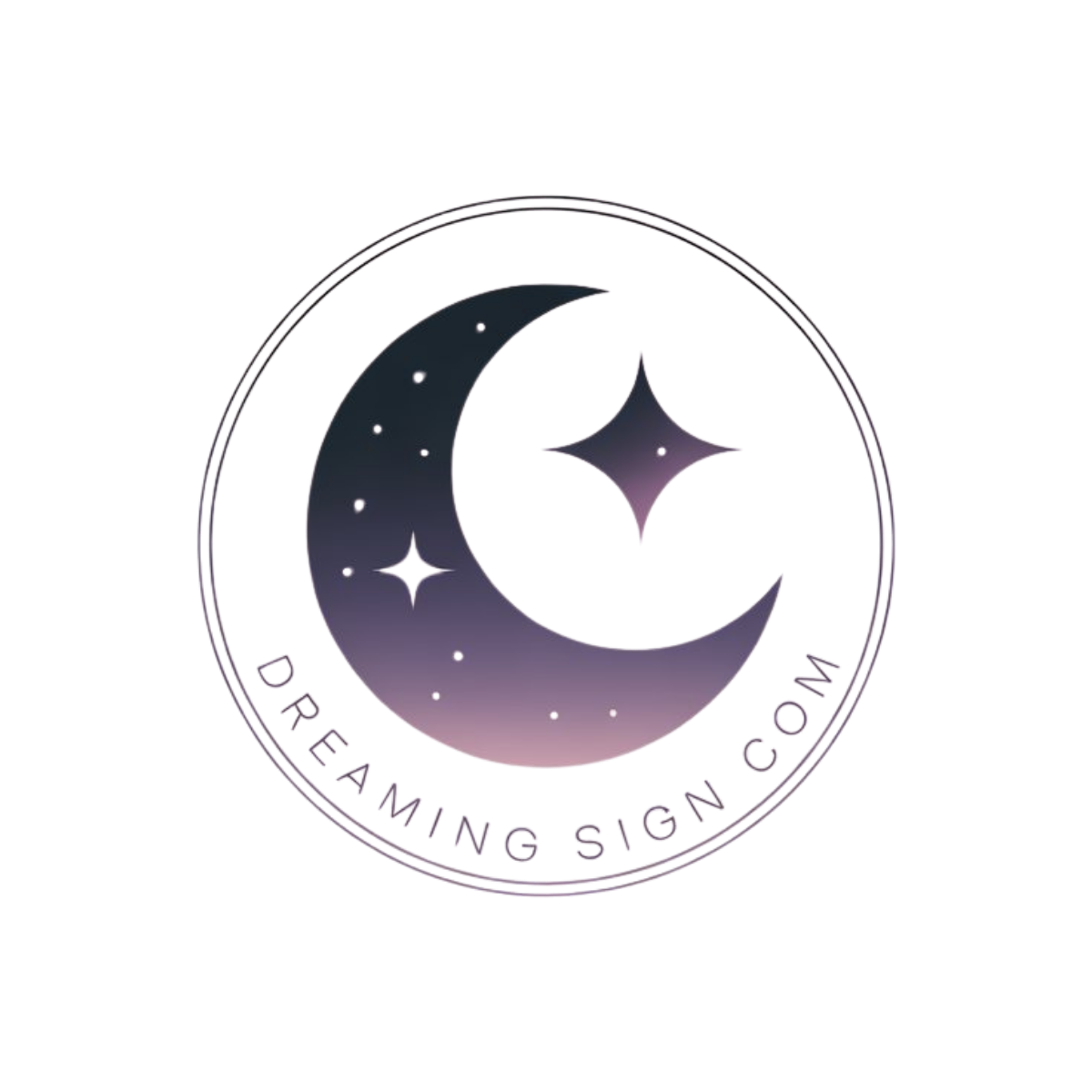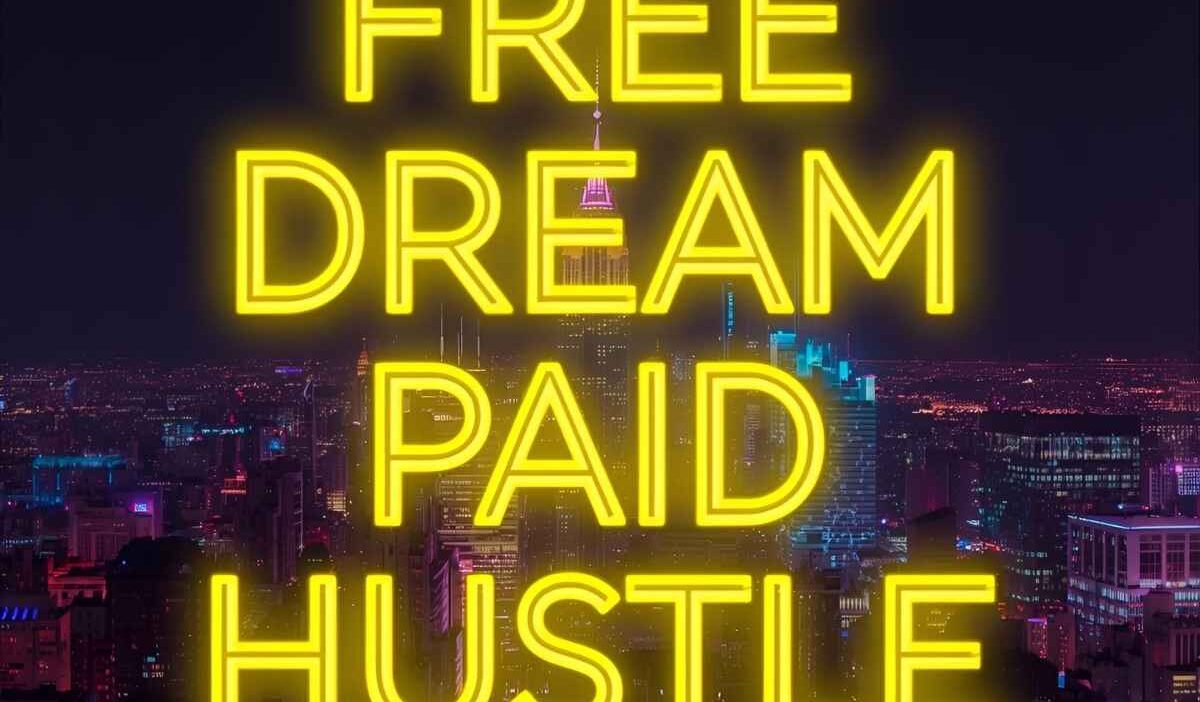Dreaming of a Free Dream typically represents the human desire for unrestrained creativity, freedom from life’s burdens, and the pursuit of authentic ambitions without external limits. Psychologists suggest these dreams symbolize your subconscious balancing idealism (“free dreams”) with reality (“paid hustle”), revealing how you view your goals, career, and life purpose.
Dreams have long been a mirror into our subconscious, and few dream themes are as evocative as the Free Dream. Whether you’re seeing yourself floating through endless possibilities or breaking free from obligations, these visions captivate because they touch on our deepest hopes and fears. In today’s world—where hustle culture dominates—dreaming of a Free Dream can feel like a gentle reminder of our inner freedom and creativity. This article explores the meaning and symbolism behind Free Dream dreams, how they manifest in different forms, and what they may reveal about your waking life. We’ll cover psychological and spiritual interpretations, common variations of Free Dream dreams, cultural symbolism across history, and practical ways to interpret and use these dreams for personal growth.
The Meaning & Symbolism of Free Dream Dreams
Dreaming about a Free Dream can be understood through multiple lenses—psychological, spiritual, and symbolic. According to dream analyst Dr. Carl Albright (Dream Psychology Journal, 2022), such dreams reflect “the psyche’s attempt to integrate the tension between idealistic aspirations and real-world effort.” In simpler terms, your mind is staging a story where your truest desires meet your daily grind.
From a psychological standpoint, Free Dream dreams often arise when you’re at a crossroads—wanting more freedom, creativity, or self-expression but feeling bound by obligations. These dreams may appear during job changes, career burnout, or after achieving a major milestone, indicating your subconscious is recalibrating your goals.
On a spiritual level, Free Dream dreams symbolize liberation and transcendence. In many traditions, dreaming of freedom—especially in vivid, colorful settings—is linked with soul growth and the higher self calling you to pursue purpose rather than just profit. Spiritual counselors often interpret such dreams as invitations to trust your intuition and to align your hustle with your values.
Symbolically, “Free Dream” combines two opposing concepts: freedom (dream) and effort (hustle). This tension makes the dream rich with meaning. It can be positive (you’re ready to pursue your calling) or negative (you’re feeling trapped and yearning for escape). Recognizing your emotional state during the dream—joy, anxiety, excitement—helps decode its message.
Common Variations of Free Dream Dreams
Free Dream dreams come in many forms. Below are the most frequently reported variations and their detailed interpretations, both positive and negative.
Dreaming of Eating a Free Dream
Though abstract, many dreamers report consuming something symbolic of a “Free Dream”—like eating a food called “freedom” or tasting an experience of boundless creativity.
- Positive meaning: You’re internalizing new ideas, nourishment for the soul, or embracing a lifestyle more aligned with your true self.
- Negative meaning: Overindulgence in fantasy or escapism. You may be “consuming” too many ideals without grounding them in action.
Dreaming of Making or Creating a Free Dream
Perhaps you’re crafting, painting, or writing a “Free Dream” in your dream.
- Positive meaning: You’re actively shaping your future, transforming your inner visions into tangible results. This is often a sign of entrepreneurial or artistic energy.
- Negative meaning: Feeling pressured to monetize every creative impulse (“paid hustle”) can dampen your joy.
Dreaming of Sharing a Free Dream
You might see yourself sharing a Free Dream with friends, family, or strangers.
- Positive meaning: Collaboration, mentorship, or community-building. You’re ready to inspire others with your ideas.
- Negative meaning: Fear of losing ownership over your dreams or feeling your aspirations are being diluted by others’ expectations.
Dreaming of Special Types of Free Dreams
- Birthday Free Dream: Dreaming of a Free Dream at your birthday suggests a renewal of purpose, fresh starts, or self-gifting of freedom. It may signal a readiness to reinvent yourself in the coming year.
- Wedding Free Dream: Seeing a Free Dream at a wedding (perhaps as a theme or symbolic item) reflects union—merging your passion with practicality or finding a partner who supports your authentic aspirations.
Real-Life Case Study
Consider Sarah, a 34-year-old marketing manager, who dreamt of “flying through an open sky labeled ‘Free Dream’ while dragging a heavy suitcase called ‘Paid Hustle.’” When she reflected on it, she realized she was yearning to start her own consulting business but felt weighed down by financial fears. Within months of journaling and acting on her insights, she launched her side project and eventually transitioned full-time, blending freedom with responsibility. This illustrates how Free Dream dreams can reveal the next chapter of your life story.
Cultural and Historical Symbolism of Free Dream
While “Free Dream” is a modern phrase, its themes echo across cultures and history. In Greek mythology, dreams of freedom were often sent by Morpheus, the god of dreams, to inspire heroes before great quests. Similarly, in Buddhist teachings, dreams of liberation symbolize the mind loosening its attachments, a key step toward enlightenment.
The etymology of “dream” traces back to Old English drēam, meaning “joy” or “music”—a reminder that dreams were once seen as messages of delight, not merely nighttime images. The word “free” derives from Proto-Indo-European priyos, meaning “beloved” or “dear,” linking freedom with affection and worthiness. Combined, “Free Dream” evokes something deeply cherished and unbounded.
In modern culture, Free Dream themes appear in art, literature, and film. From John Lennon’s “Imagine” to contemporary entrepreneurship memes about “escape the 9-to-5,” the tension between free dreaming and paid hustle resonates universally. In some religious contexts, like Sufi poetry, dreams of freedom are metaphors for the soul’s longing for the Divine. Understanding these cultural layers enriches your interpretation of a Free Dream dream.
Psychological Insights & Personal Growth Advice
Understanding your Free Dream dreams isn’t just about symbolism—it’s about self-growth. Psychologists recommend the following practices to deepen your insight:
- Dream Journaling: Keep a notebook by your bed. Write down every Free Dream dream immediately upon waking, noting emotions, colors, and key symbols. Over time, patterns emerge.
- Mindfulness & Reflection: Before sleep, meditate on the question “Where do I feel free? Where do I feel hustled?” This can prime your subconscious for clarity.
- Habit Change: If your Free Dream dreams consistently show stress, consider reducing overwork, setting boundaries, or scheduling creative time.
- Therapeutic Guidance: If your dreams evoke anxiety, talking with a therapist or dream coach can help you translate their meaning into actionable steps.
By approaching your dreams as a dialogue with your inner self, you transform them from random images into a roadmap for authentic living.
Frequently Asked Questions About Free Dream Dreams
1. What does it mean to dream about a Free Dream?
Dreaming of a Free Dream usually signifies your desire for freedom, creativity, or balance between aspirations and responsibilities.
2. Are Free Dream dreams a good or bad sign?
They’re neither strictly good nor bad. Positive dreams indicate alignment with your goals; negative ones may signal burnout or escapism.
3. Why do I keep having recurring Free Dream dreams?
Recurring Free Dream dreams often arise when an important life issue remains unresolved—like a career shift or creative block. They’re your mind’s way of urging attention.
4. How can I interpret my Free Dream dreams more accurately?
Record details in a dream journal, note your emotions, and consider both symbolic and real-life contexts. Consulting credible dream dictionaries or experts can also help.
5. Can Free Dream dreams predict the future?
Most psychologists say dreams are reflections of the subconscious, not prophecies. However, they can highlight desires and fears that shape your future choices.
6. How do Free Dream dreams relate to hustle culture?
They often represent your subconscious reaction to hustle culture—either craving relief from overwork or integrating passion with practicality.
Conclusion: Embracing the Message of Your Free Dream
Your Free Dream dreams are more than random nighttime stories—they’re powerful reflections of your inner world. By exploring their meaning, symbolism, and variations, you gain insight into your deepest aspirations and the obstacles you face. From cultural history to psychological tools like journaling and mindfulness, interpreting these dreams helps you balance freedom with responsibility—the “free dream” with the “paid hustle.”

Olivia Bennett is a lifestyle researcher and holistic wellness advocate specializing in mindfulness, dream healing, and manifestation techniques. With a background in psychology and meditation therapy, Olivia writes to empower readers to achieve mental clarity and emotional balance through dream awareness. Her articles provide practical tips, spiritual insights, and real-life strategies for boosting intuition and creating a more meaningful life. Olivia’s work at DreamingSign.com inspires readers to use dreams as a tool for personal transformation.




